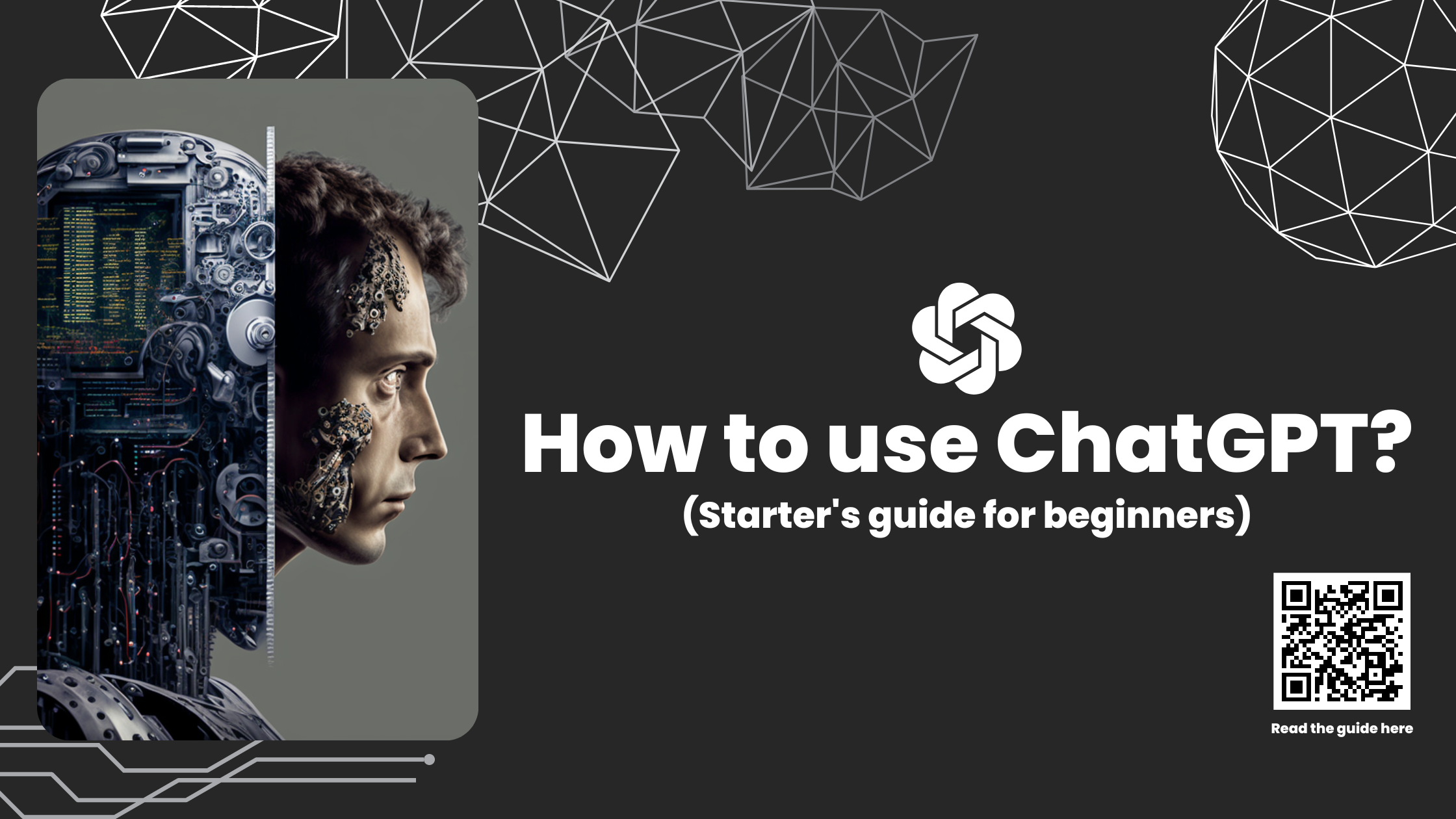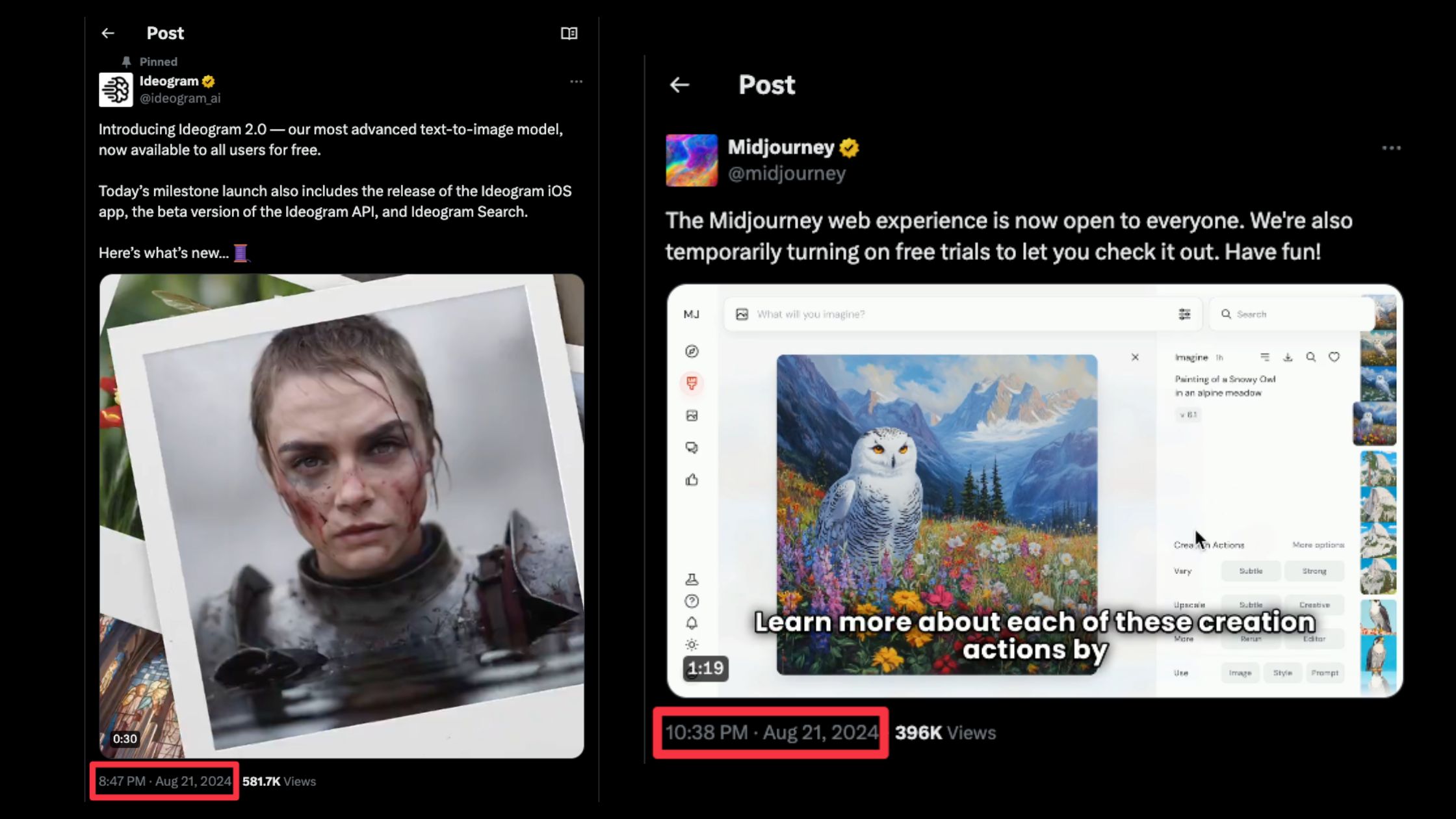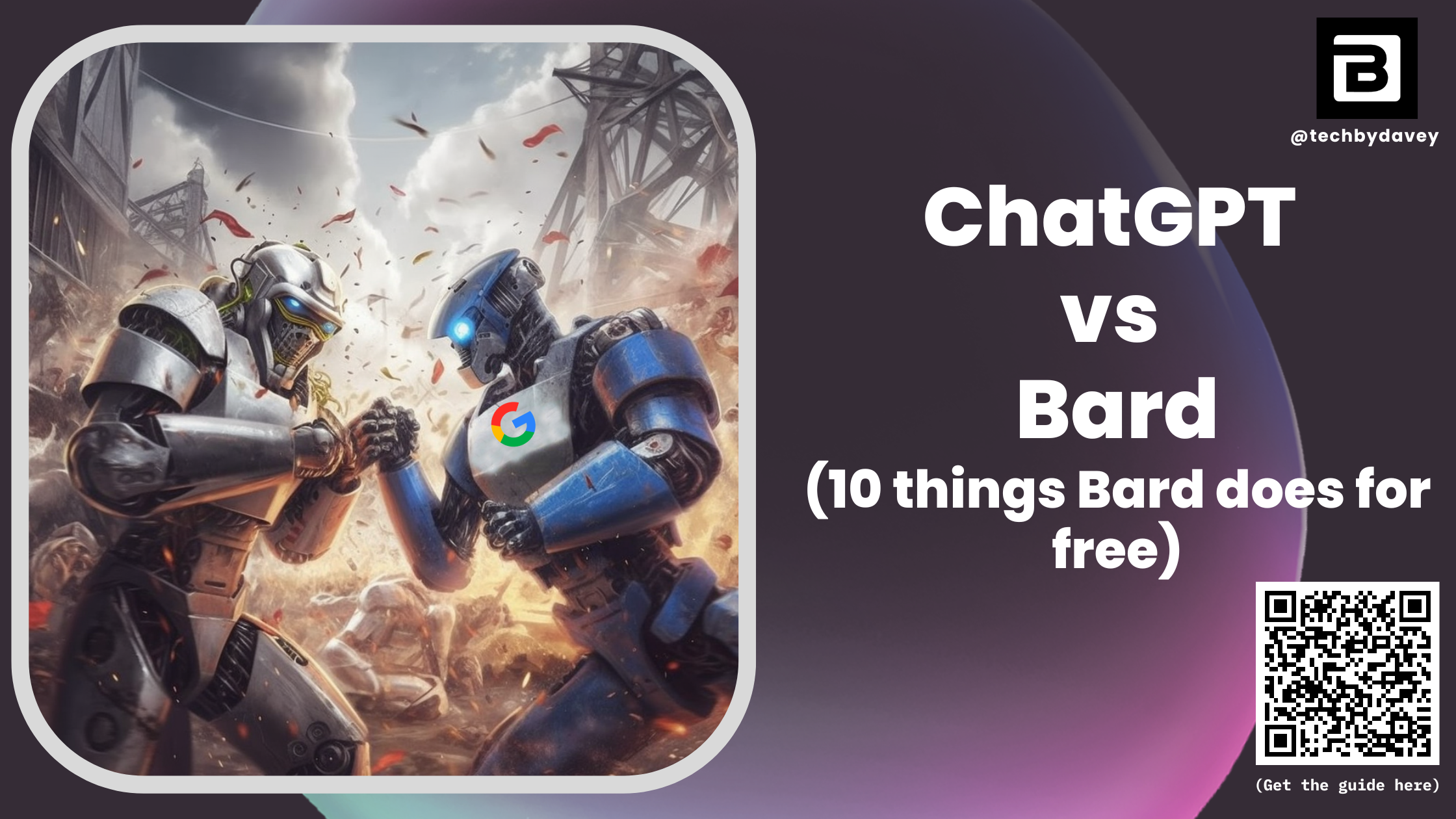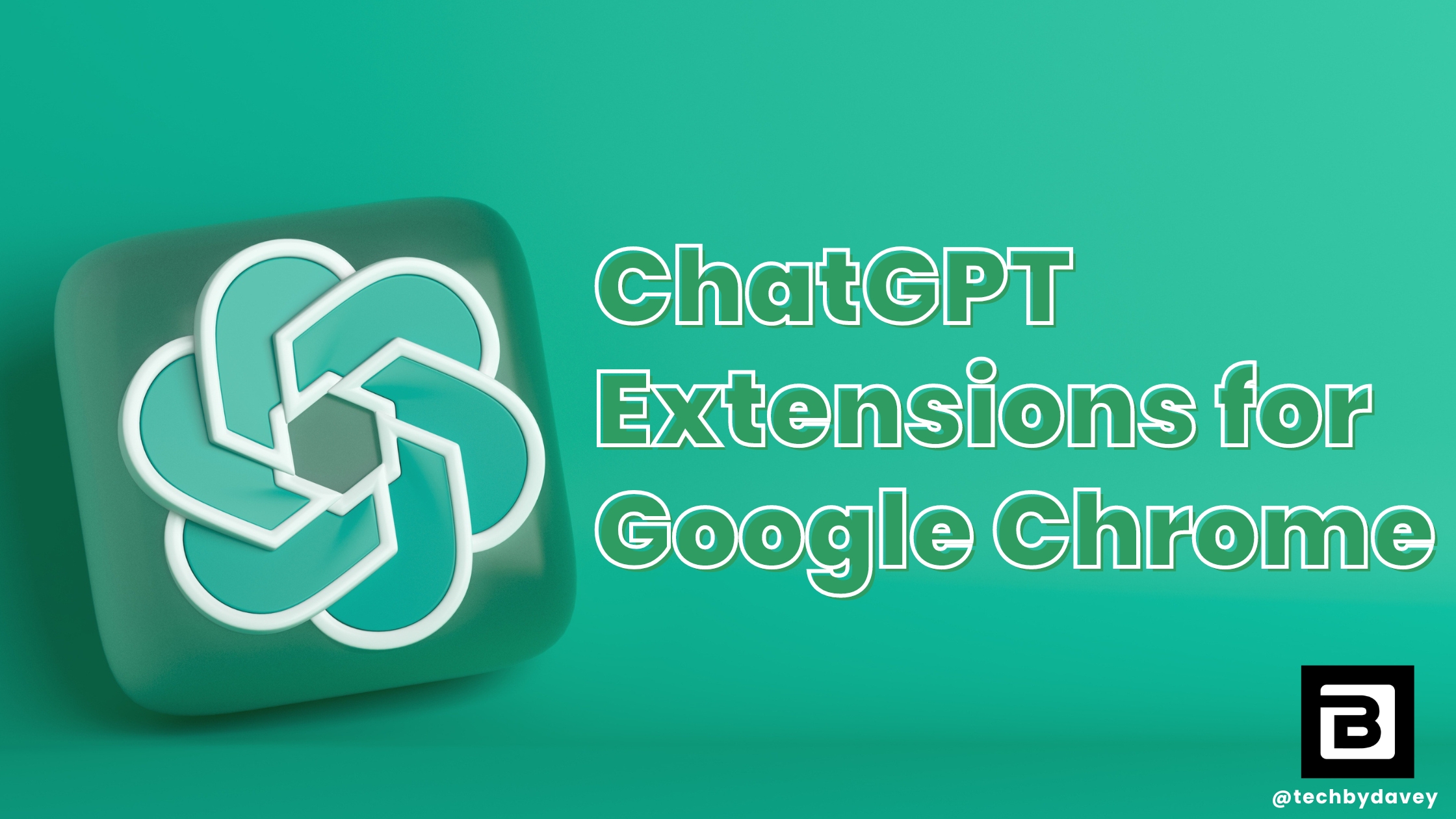
TL;DR & Summary
AI was around the corner for quite a long time now. Use this ChatGPT guide to learn how to get started with the tool. ChatGPT is generative language model that’s created and managed by OpenAI.
What is ChatGPT? How does it work?
ChatGPT is a language model trained by OpenAI that uses natural language processing and machine learning algorithms to understand and generate human-like responses to a wide range of queries and topics.
It works by analyzing large amounts of text data to learn patterns and relationships between words, phrases, and concepts.
Once trained, ChatGPT can generate responses to queries by predicting the most likely next words or phrases based on the input it receives.
The model has been designed to be versatile and can be used in various applications, such as chatbots, language translation, and text generation for content creation.
Use cases of ChatGPT
ChatGPT, as a powerful generative AI tool, has a wide range of potential use cases.
From content creation to customer service, ChatGPT has the ability to automate and streamline various processes.
In this way, it can save time, increase efficiency, and improve overall productivity. By leveraging the power of ChatGPT, individuals and businesses can achieve their goals in a faster and more effective way, making it a valuable tool for a variety of use cases.
Here are some use cases of ChatGPT in your day to day lives:
- Personalized product recommendations: E-commerce companies can use ChatGPT to understand user preferences and recommend personalized products based on their previous shopping history.
- Medical diagnosis: ChatGPT can be trained with medical data and used to provide preliminary medical diagnosis and advice. This can be helpful in areas where access to medical professionals is limited.
- Personal finance management: ChatGPT can be used to provide personalized financial advice based on user’s income, expenses, and investment preferences.
- Legal advice: ChatGPT can be used by law firms to provide initial consultation and legal advice based on user queries. It can help save time and money for both lawyers and clients.
- Career guidance: ChatGPT can be used by career counselors to provide personalized career guidance based on user’s skills, interests, and job market trends.
- Travel planning: ChatGPT can be used by travel agencies to provide personalized travel planning and recommendations based on user’s budget, preferences, and previous travel history.
- Personalized news updates: ChatGPT can be used by news companies to provide personalized news updates based on user’s interests and reading habits.
- HR recruitment: ChatGPT can be used by HR teams to screen job applicants and schedule interviews. It can help save time and resources by automating the initial screening process.
- Mental health counseling: ChatGPT can be used to provide initial mental health counseling and support. It can be helpful for people who may not have access to mental health professionals.
- Language translation: ChatGPT can be used to provide real-time language translation during conversations with people who speak different languages. It can be helpful for business or personal communication purposes.
Benefits of using ChatGPT in daily lives
Although ChatGPT seems intimidating for regular people like you and me, who don’t have heavy tasks at hand, especially considering the power ChatGPT posses.
However, ChatGPT is equally powerful & helpful in way that can integrate in your day to day lives. And no! You don’t have to be a scientist to leverage benefits of ChatGPT.
Here are some benefits (with examples) of using AI Chatbots like ChatGPT in day to day lives:
- Personalized recommendations: ChatGPT can provide personalized recommendations based on a user’s preferences and interests, making it easier for them to find what they’re looking for.
Example: A user can ask ChatGPT for recommendations on a new book to read, and it will provide suggestions based on their favorite genres and authors.
- Quick answers to questions: ChatGPT can quickly provide answers to questions, reducing the time and effort needed to search for information online.
Example: A user can ask ChatGPT for the definition of a word, and it will provide an accurate answer within seconds.
- Language translation: ChatGPT can translate text from one language to another, making communication easier for users who speak different languages. Search engines can do that, but translating stuff in form of conversation is simply mind blowing.
Example: A user can ask ChatGPT to translate a message from English to Spanish, and it will provide an accurate translation.
- Productivity tool: ChatGPT can help users be more productive by setting reminders, managing schedules, and completing tasks.
Example: A user can ask ChatGPT to remind them of a meeting or deadline, and it will send a notification at the appropriate time.
- Emotional support: ChatGPT can provide emotional support by listening and offering advice or encouragement.
Example: A user can vent their frustrations or share their feelings with ChatGPT, and it will provide supportive messages and resources.
- Creative inspiration: ChatGPT can inspire creativity by providing prompts or suggestions for writing, art, or other creative endeavors.
Example: A user can ask ChatGPT for writing prompts, and it will provide unique and interesting ideas.
- Entertainment: ChatGPT can provide entertainment by telling jokes, playing games, or providing trivia.
Example: A user can ask ChatGPT to tell them a joke, and it will provide a humorous response.
- Health and wellness: ChatGPT can provide health and wellness advice, such as workout tips or healthy eating suggestions.
Example: A user can ask ChatGPT for healthy meal ideas, and it will provide nutritious and delicious options.
- Learning tool: ChatGPT can be a valuable learning tool, providing information and educational resources.
Example: A user can ask ChatGPT for a brief history lesson, and it will provide an overview of the topic.
- Personal growth: ChatGPT can provide guidance and resources for personal growth, such as self-improvement tips or mindfulness exercises.
Example: A user can ask ChatGPT for tips on becoming more confident, and it will provide practical advice and exercises.
ChatGPT in action – How it can for help various use cases
#1 Using ChaGPT for case studies
ChatGPT can be used for case studies in various fields such as marketing, healthcare, and education. It can help researchers and professionals in generating insights and making informed decisions.
For instance, ChatGPT can assist a marketing team in understanding consumer behavior by analyzing customer feedback data. It can also help healthcare professionals in identifying the symptoms of a particular disease by analyzing patient data.
See how a twitter user used GPT4 to save life of his dog
#2 Using ChatGPT for interviews
ChatGPT can be used for conducting interviews in various fields such as journalism, market research, and HR. It can help interviewers to generate personalized questions and responses based on the interviewee’s background and responses.
For example, a journalist can use ChatGPT to create customized questions for an interviewee based on their expertise, work history, and current projects.
#3 Using ChaGPT for content creation
ChatGPT can be used for content creation in various fields such as marketing, education, and journalism. It can help content creators generate high-quality content in less time.
For instance, a content marketer can use ChatGPT to generate personalized email campaigns based on customer data. Similarly, an educator can use ChatGPT to create customized learning materials based on the student’s learning pace and interests.
#4 Using ChaGPT for Rephrasing
ChatGPT can be used for rephrasing content in various fields such as academic writing, journalism, and social media. It can help writers to avoid plagiarism and generate unique content.
For example, an academic writer can use ChatGPT to rephrase a complex concept in simpler terms. Similarly, a social media manager can use ChatGPT to rephrase a tweet or post to increase engagement.
#5 Using ChaGPT for Research
ChatGPT can be used for research in various fields such as marketing, social sciences, and healthcare. It can help researchers generate insights and predictions based on data analysis.
For example, a market researcher can use ChatGPT to analyze customer feedback data to identify trends and preferences. Similarly, a healthcare researcher can use ChatGPT to analyze patient data to identify potential risk factors and preventive measures.
Frequently asked questions
What is ChatGPT?
ChatGPT is a conversational AI model developed by OpenAI that can generate human-like responses to various prompts.
How does ChatGPT work?
ChatGPT is based on deep learning technology, particularly transformer architecture. It is trained on a large corpus of text data to generate human-like responses.
What are the use cases of ChatGPT?
ChatGPT can be used for various purposes such as customer service, chatbots, content creation, language translation, and more.
Is ChatGPT free to use?
OpenAI provides access to its GPT models through its API, which requires a subscription. However, there are some free alternatives to ChatGPT available.
Can ChatGPT be used for educational purposes?
Yes, ChatGPT can be used for educational purposes such as creating chatbots, teaching language models, and more. However, certain countries has blocked usage of ChatGPT
Is ChatGPT better than other conversational AI models?
ChatGPT has shown to outperform other conversational AI models in terms of response quality and naturalness.
Can ChatGPT generate inappropriate or offensive responses?
Yes, like any AI model, ChatGPT can generate inappropriate or offensive responses if it is trained on biased or inappropriate data.
Is it possible to customize ChatGPT for specific use cases?
Yes, ChatGPT can be fine-tuned or retrained on specific datasets to customize its responses for specific use cases.
Does ChatGPT work in languages other than English?
Yes, ChatGPT can be trained on other languages, and OpenAI has released GPT models for languages other than English.
What are the limitations of ChatGPT?
ChatGPT is not perfect and can still produce nonsensical or repetitive responses. It also requires large amounts of data and computing power to train, which can be expensive. Additionally, as with any AI model, ethical concerns around bias and privacy should be considered.




